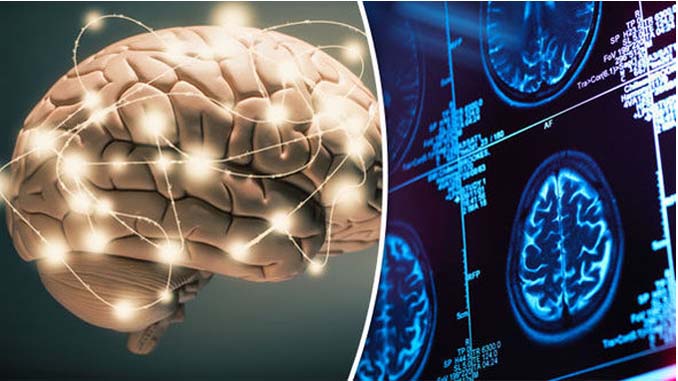Researchers took blood samples from 23 adults in mid-adulthood and uncovered that physical exercise may slow the progression or prevent the onset of Alzheimer’s disease.
Conducted by Florida Atlantic University, the results appeared in Frontiers in Endocrinology.
“To begin to address this issue, we utilized blood samples of 23 asymptomatic late middle-aged adults, with familial and genetic risk for AD (mean age 65 years old, 50% female) who underwent 26 weeks of supervised treadmill training,” the study reads.
“Overall, our analyses indicate metabolic regulation of exercise-induced plasma BDNF changes and provide evidence that CTSB is a marker of cognitive changes in late middle-aged adults at risk for dementia,” researchers determined in their study.
Authors from Seoul National University, the University of California at San Francisco, and the University of Wisconsin, also contributed to this study.
The study was funded by the Alzheimer’s Association, Extendicare Foundation, and the National Institutes of Health.


